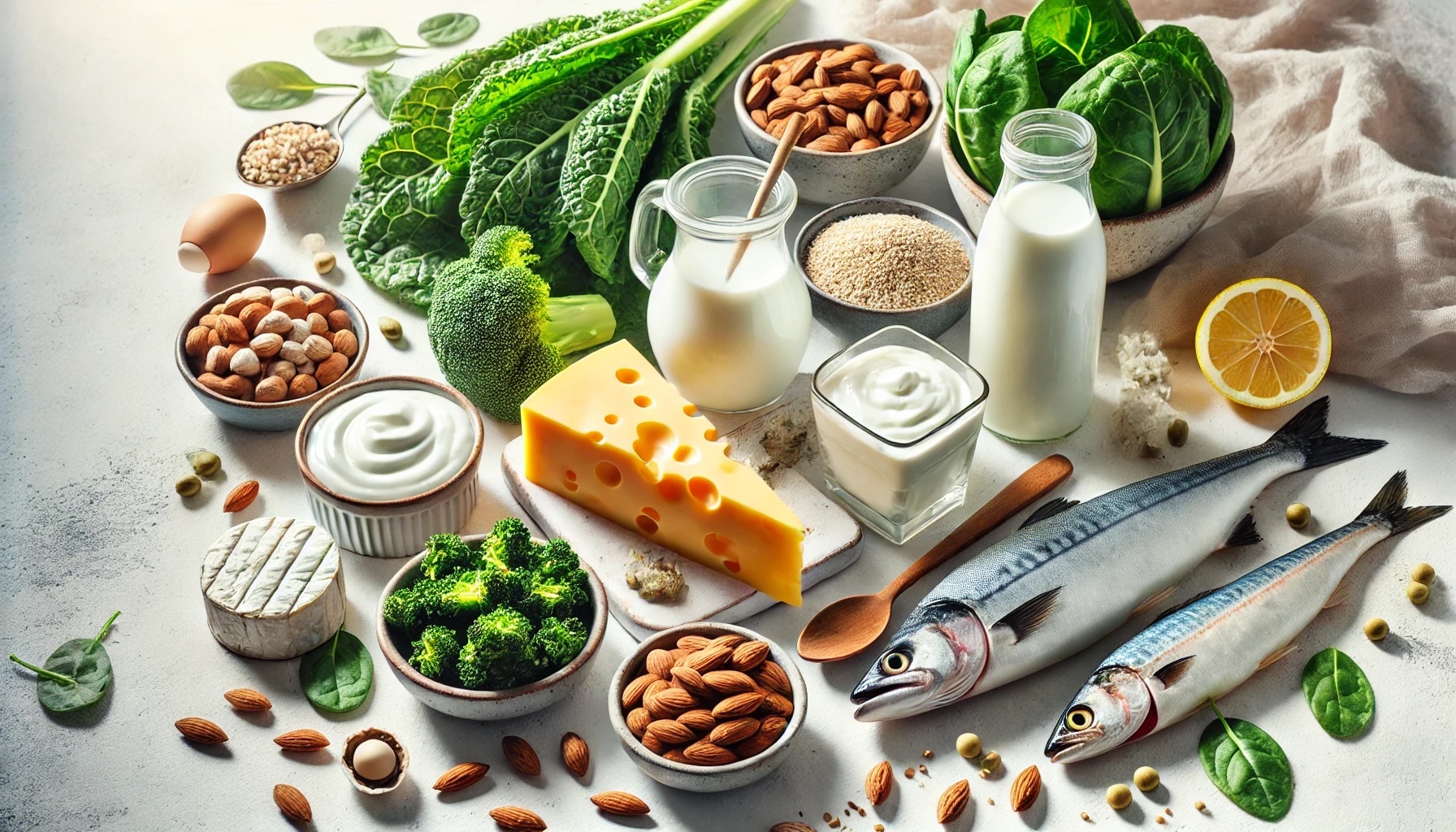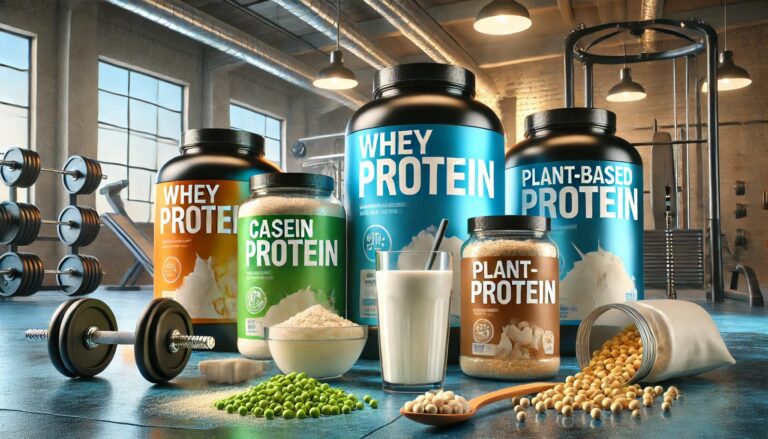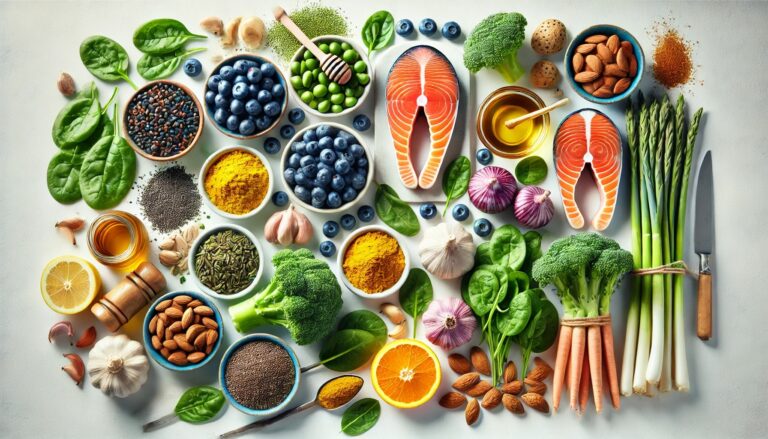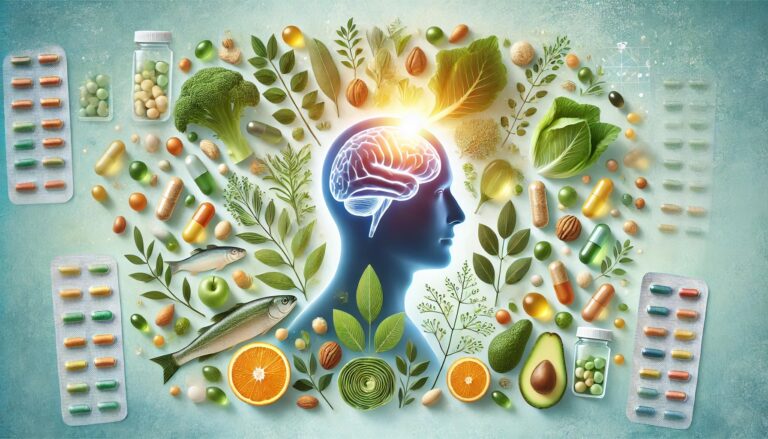Calcium is one of the most vital minerals for the human body, playing a crucial role in the growth and maintenance of bones, teeth, and various physiological functions. As the primary component of bones, calcium not only provides strength but also supports muscle contraction, nerve transmission, and blood clotting. However, many people fail to consume enough calcium due to dietary habits or absorption issues, leading to health problems like osteoporosis.
In this article, we’ll explore the connection between calcium and bone health, analyze the effects of calcium deficiency, and highlight the best calcium-rich foods to help you optimize your calcium intake and overall bone health.
The Close Relationship Between Calcium and Bone Health
The Composition of Bones and the Importance of Calcium
Bones are not only the structural support of the body but also serve as a storage site for minerals. Calcium accounts for about 70% of the total weight of bones, making it essential for their strength and functionality. During adolescence, calcium stores reach their peak, but as we age, bone density declines, and calcium loss accelerates.
• Adolescence: Adequate calcium intake is critical during the rapid growth phase of bones.
• Adulthood: Maintaining sufficient calcium intake helps slow down bone density loss.
• Older Age: Insufficient calcium intake significantly increases the risk of osteoporosis and fractures.
The Impact of Calcium Deficiency
Prolonged calcium deficiency can negatively affect the body in many ways:
1. Osteoporosis
Calcium deficiency is a leading cause of osteoporosis, a condition that makes bones brittle and prone to fractures. Even minor falls or movements can cause fractures, particularly in the hips, spine, and wrists.
2. Delayed Bone Development
In children and teenagers, insufficient calcium intake can impair bone growth and strength, potentially resulting in shorter stature or bone deformities.
3. Dental Health Issues
A lack of calcium affects the mineralization of teeth, making enamel weaker and increasing the risk of gum disease and cavities.
4. Muscle and Nerve Dysfunction
Calcium is not only vital for bones but also for muscle contraction and nerve transmission. Deficiency may lead to muscle cramps, nerve hypersensitivity, or even irregular heart rhythms.
Recommended Daily Calcium Intake
The recommended daily intake of calcium varies by age, gender, and physiological conditions:
• Infants (0–12 months): 200–260 mg
• Children (1–3 years): 700 mg
• Children (4–8 years): 1,000 mg
• Teenagers (9–18 years): 1,300 mg (critical for growth spurts)
• Adults (19–50 years): 1,000 mg
• Women over 51 years: 1,200 mg
• Pregnant and lactating women: 1,000–1,300 mg
The Best Food Sources of Calcium
Meeting your daily calcium intake through diet is the healthiest and most effective way. Below are some categories of calcium-rich foods and their benefits:
1. Dairy Products
Dairy products are the richest and most bioavailable sources of calcium.
• Milk: 250 ml of milk provides about 300 mg of calcium, making it a staple for calcium intake.
• Cheese: Cheddar cheese contains about 200 mg of calcium per 30 grams, making it ideal for small, frequent servings.
• Yogurt: A 150 g serving of yogurt contains about 200–250 mg of calcium, with Greek yogurt offering even higher amounts.
2. Leafy Green Vegetables
Leafy greens are rich in calcium and vitamin K, which also supports bone health.
• Kale: 100 g of kale provides 150 mg of calcium, with low oxalate content for better absorption.
• Broccoli: 100 g of broccoli contains 47 mg of calcium and is an excellent option for kids.
• Bok Choy: A common vegetable in Asian diets, providing 100 mg of calcium per 100 g.
3. Legumes and Soy Products
Legumes and soy-based foods are excellent plant-based calcium sources.
• Tofu: Tofu made with calcium sulfate contains up to 350 mg of calcium per 100 g.
• Black Beans: 100 g of black beans provide 102 mg of calcium, along with protein and fiber.
• Edamame: A snack-friendly option with 197 mg of calcium per 100 g.
4. Nuts and Seeds
Nuts and seeds not only provide calcium but also magnesium and healthy fats.
• Almonds: 100 g of almonds contain 264 mg of calcium, making them a great snack.
• Sesame Seeds: Sesame seed paste (tahini) contains 126 mg of calcium per 30 g.
• Chia Seeds: A superfood containing 631 mg of calcium per 100 g.
5. Seafood
Certain types of seafood, especially small fish, are packed with calcium.
• Canned Sardines: 100 g of canned sardines provide 382 mg of calcium, especially when eaten with bones.
• Canned Salmon: 100 g provides 232 mg of calcium, along with high-quality protein.
• Oysters: In addition to calcium, oysters provide zinc, which helps bone repair.
6. Fortified Foods
• Fortified Plant Milk: Almond milk, soy milk, or oat milk can provide up to 300 mg of calcium per 250 ml.
• Fortified Cereals: Many breakfast cereals are fortified with calcium, providing 100–250 mg per serving.
• Calcium-Fortified Juice: 250 ml of calcium-fortified orange juice contains about 300 mg of calcium, ideal for those avoiding dairy.
How to Enhance Calcium Absorption
1. Pair with Vitamin D
Vitamin D significantly enhances calcium absorption. You can achieve this by:
• Spending 10–20 minutes daily in sunlight.
• Consuming foods rich in vitamin D, such as salmon, egg yolks, and fortified foods.
2. Limit Calcium Absorption Inhibitors
• Oxalates: Found in spinach and beets, oxalates bind to calcium and reduce absorption.
• High Sodium and Caffeine Intake: Excess salt and caffeine can cause calcium loss through urine.
3. Maintain a Balanced Diet and Exercise
• Weight-bearing exercises like running or strength training stimulate bone density.
• Incorporate foods rich in magnesium, vitamin K, and protein to further support bone health.
Is Calcium Supplementation Necessary?
Although dietary calcium is ideal, some individuals may need supplements:
• Elderly Individuals: When calcium absorption efficiency declines with age.
• Lactose-Intolerant People: Limited access to dairy sources.
• Strict Vegetarians or Vegans: Additional supplementation for sufficient intake.
When using calcium supplements:
• Choose the right form: Calcium carbonate should be taken with food, while calcium citrate can be taken on an empty stomach.
• Monitor dosage: Do not exceed 1,000 mg daily from supplements to avoid overconsumption.
• Consult a doctor: Prolonged use of calcium supplements should be supervised.
Conclusion: Calcium is the Foundation of Bone Health
Calcium is essential for maintaining strong bones and preventing diseases like osteoporosis. By including dairy products, leafy greens, legumes, nuts, seeds, and fortified foods in your diet, you can easily meet your daily calcium needs. Pairing calcium intake with a healthy lifestyle, adequate vitamin D, and regular exercise will ensure optimal absorption and utilization.
Whether through natural foods or supplements, a balanced calcium intake will protect your bones and help you stay active and strong at every stage of life. Let calcium be the cornerstone of your health journey!




















